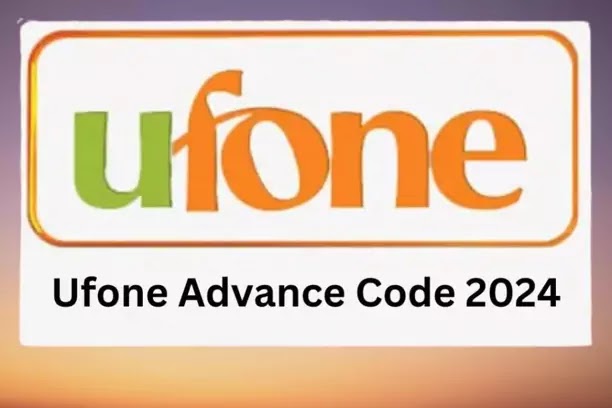The Pakistan Peoples Party (PPP) has unveiled its comprehensive manifesto titled "Chuno Nai Soch Ko" (Choose new thinking), outlining its vision for the nation if it secures victory in the upcoming general elections on February 8. Bilawal Bhutto-Zardari, the party chairman, shared the manifesto on social media, emphasizing that the PPP is the only party equipped with a strategic plan to address key issues such as poverty, unemployment, and inflation.
The manifesto places a significant focus on poverty alleviation and improving facilities for the working and lower classes. It outlines comprehensive strategies for healthcare, education, food security, and women's empowerment. One of the key promises is the commitment to doubling the real incomes of wage earners by prioritizing growth, investments, and job creation. The PPP also pledges an annual 8% increase in the minimum wage to ensure it reaches a living wage.
Housing is recognized as a fundamental right in the PPP's vision, and the manifesto promises to provide homeownership to the most vulnerable, including the poor, landless, and working classes. Additionally, the party introduces the "Bhook Mitao Programme" to ensure food security by making nutritious food affordable, supporting domestic production, subsidizing local producers, and empowering women in the market economy.
The PPP's manifesto includes various targeted initiatives, such as labor cards for the country's workforce, a "Haari Kisan card" for agricultural subsidies, small loans for women through the Waseela-e-Haq program, and a stipend for one year through the Youth Card for educated young individuals. The party's 10-point agenda encompasses key areas like doubling real income, providing free solar energy, enhancing education and healthcare accessibility, supporting farmers, and addressing unemployment.





















